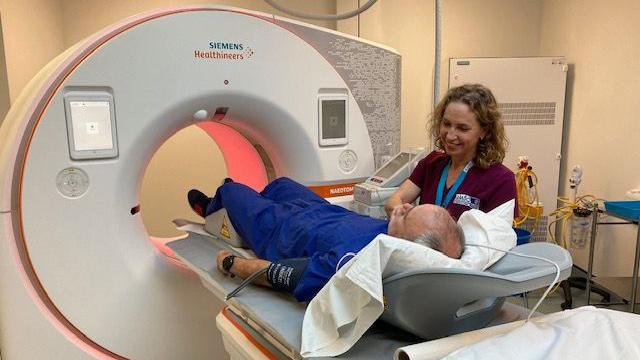Hospital uses AI to help stroke patients
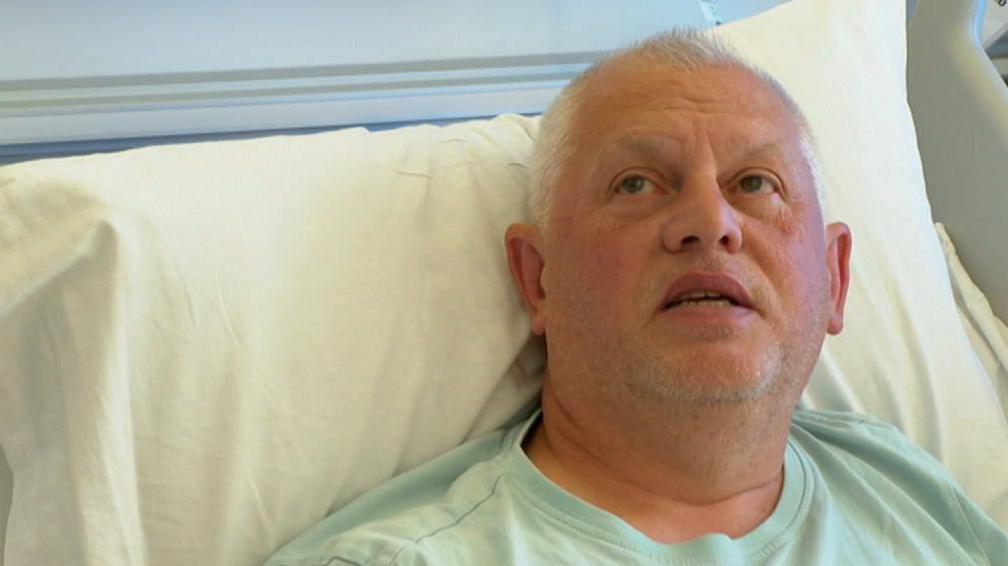
Patrick Potter has benefitted from the use of AI at Russells Hall Hospital in Dudley
- Published
Stroke patients at a hospital are receiving a faster diagnosis with the help of artificial intelligence (AI) technology.
Russells Hall Hospital in Dudley introduced RapidAI into its stroke unit in May 2024, with the technology speeding up the triage process for patients by providing instant access to diagnostic imaging.
Care minister Stephen Kinnock visited the hospital on Tuesday, where he saw the "potentially life-saving improvement" in action.
One of the latest patients to benefit is Patrick Potter from Stourbridge, who had a stroke on Thursday and suffered a bleed on the brain.
Mr Potter's scan was sent straight to his consultant's mobile phone, resulting in quicker diagnosis and treatment - and with a stroke, doctors say every minute counts.
The 62-year-old said the technology was "absolutely brilliant".
"I don't know to what extent or what damage it would have done to my brain," he said.
"Initially I was terrified because I've never had anything happen like that before, but within a few days [I was told] it looks like it'll be able to recover and you'll be okay."
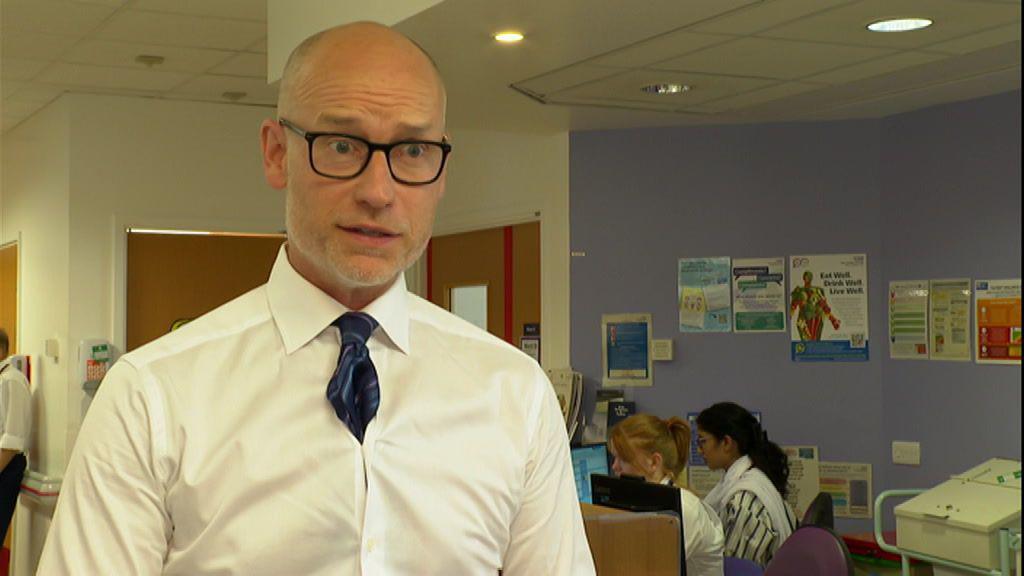
Care minister Stephen Kinnock said the use of AI in the hospital was "a potentially life-saving improvement"
While visiting the hospital on Tuesday, Kinnock said: "Within seconds of the scan taking place, the consultants are able to see exactly what the issue is in terms of what has caused the stroke.
"That speed of information is then shared through an app with all the relevant consultants, the quicker they get the diagnosis, the quicker they can decide what treatment is required."
He added: "This use of AI can slash the time between someone showing symptoms of stroke to getting treatment by up to an hour – a potentially life-saving improvement. When it comes to strokes, every second counts."
Diagnosis within an hour
The technology speeds up the triage process by providing instant access to diagnostic imaging, accompanied by preliminary reports for clinicians to quickly verify and act upon – significantly improving response times and outcomes.
The technology also flags suspected strokes in patients that may not show traditional clinical signs, such as speech problems or a droopy face or eye.
It means patients can receive potentially life-saving treatments earlier.
Since its implementation at Dudley Group NHS Foundation Trust in May 2024, the technology has meant patients were able to be diagnosed within 40-60 minutes, which is up to 1 hour faster than diagnoses without AI.
The government is planning to roll out the use of AI across the country as part of the NHS's shift from analogue to digital systems, a 10-year plan called the Plan for Change.
Kinnock said: "Artificial intelligence and digital tech are central to our 10 year health plan, helping patients be seen faster to improve outcomes so they can get home sooner."
Get in touch
Tell us which stories we should cover in Birmingham and the Black Country
Follow BBC Birmingham on BBC Sounds, Facebook, external, X, external and Instagram, external.
- Published24 April
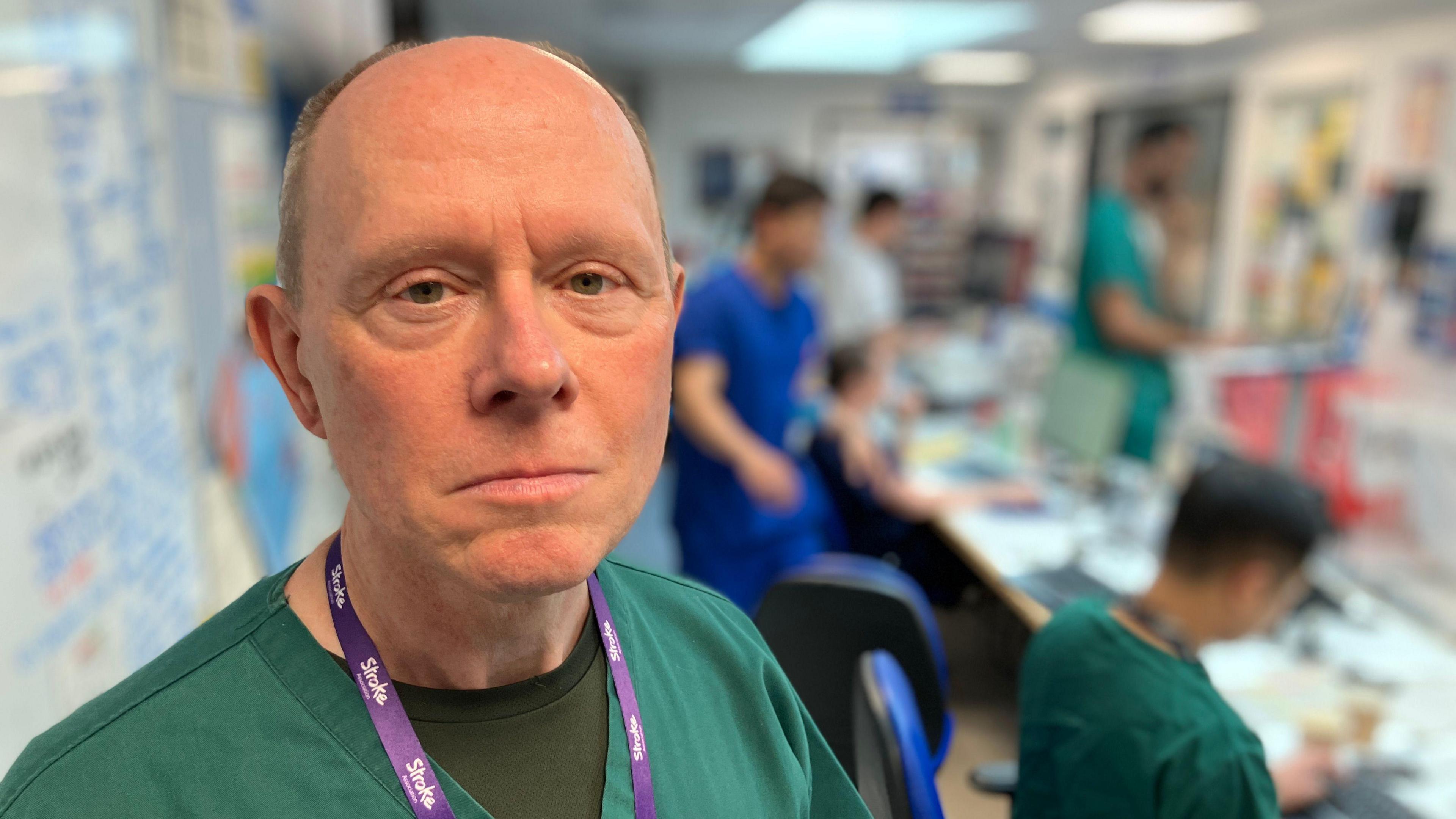
- Published7 August 2024
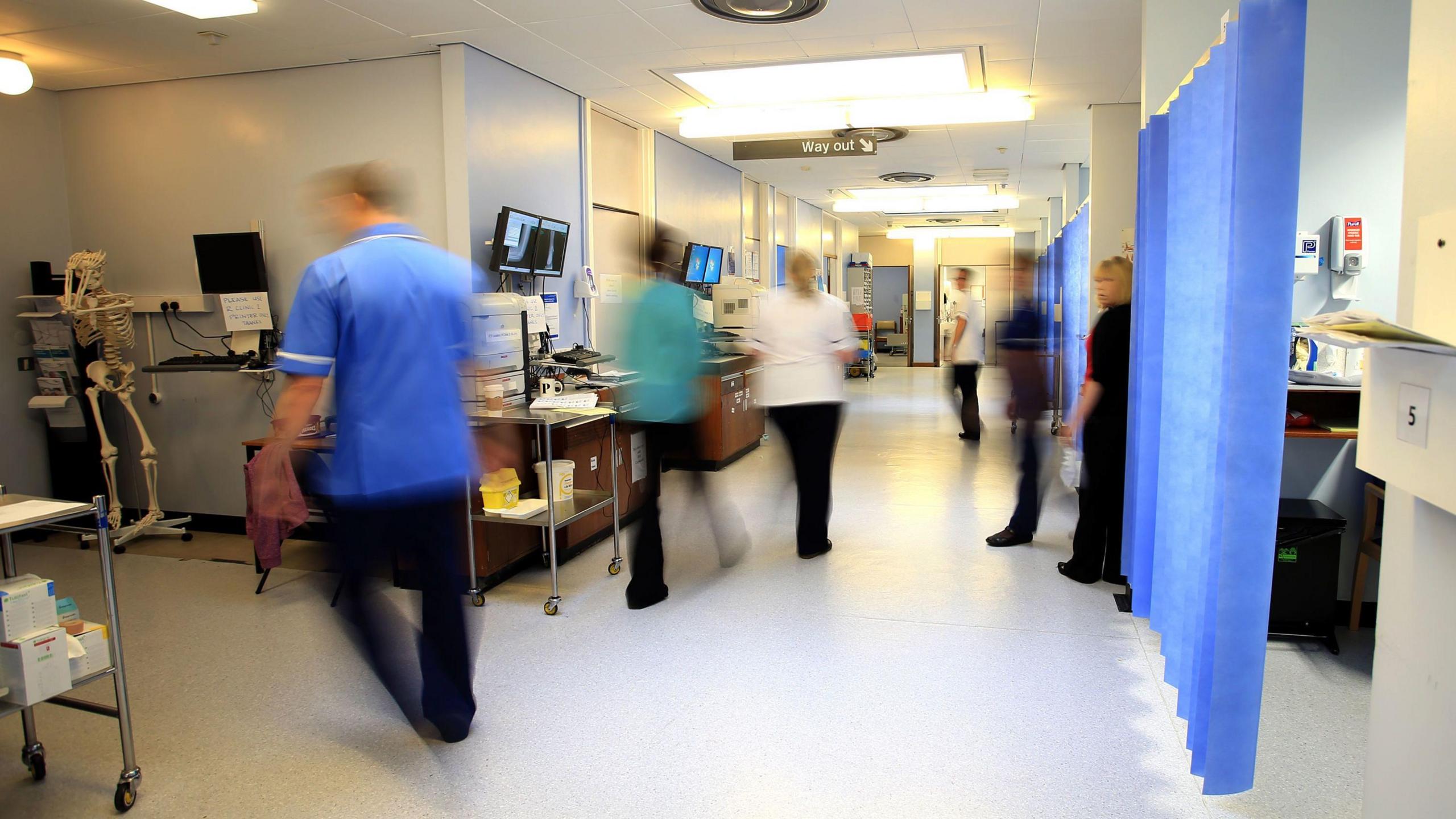
- Published6 August 2024
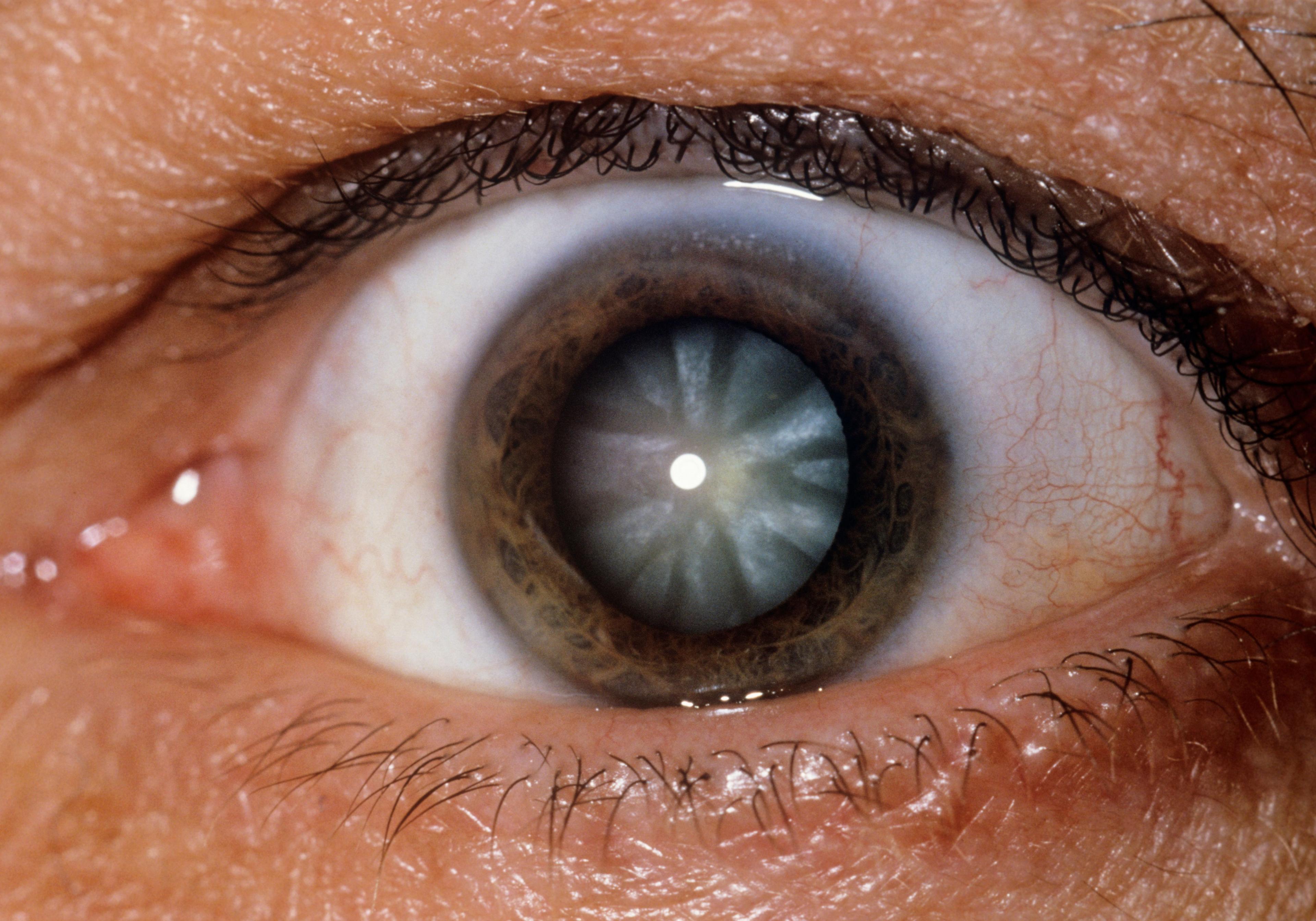
- Published5 August 2024
